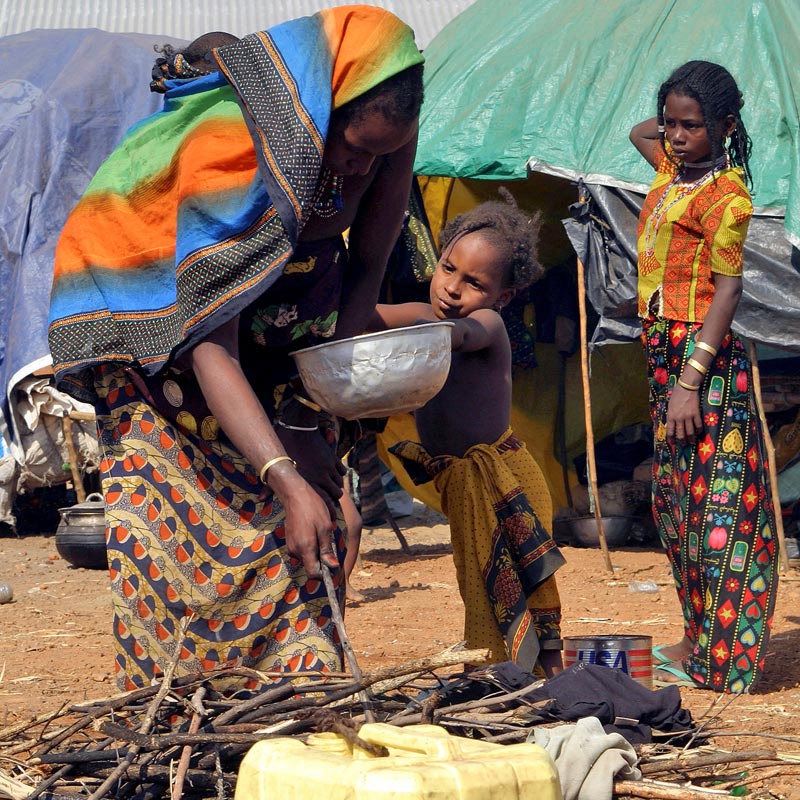MacArthur today announced the launch of the Africa Transitional Justice Legacy Fund to help support the implementation of transitional justice efforts in Africa, including the continent’s new African Union Transitional Justice Policy.
The multi-year, multimillion-dollar Fund will strengthen civil society’s capacity to engage with and advocate for national and regional transitional justice processes in Africa. Specifically, the Fund will support initiatives that seek to achieve truth, justice, and accountability for crimes and human rights violations in societies experiencing or transitioning from conflicts and dictatorships.
The Institute for Democratic Governance, one of Ghana’s leading nonprofit and non-governmental organizations, will administer the Fund, which will start with an initial focus on seven West African countries: Cote d’Ivoire, Gambia, Guinea, Liberia, Mali, Nigeria, and Sierra Leone.
“This newly created Fund is Afro-centric in approach and seeks to consolidate gains made in transitional justice mechanisms in Africa. It will build on the growing desire within Africa to have enduring transitional justice policies and processes that address the needs of victims of atrocity crimes. Through community-based initiatives and survivor-led groups, we will help to rebuild communities and reactivate the agency of victims and survivors in societies,” said Makmid Kamara, Project Director of the Fund.
MacArthur and a partner U.S.-based, private foundation provided funding for the Africa Transitional Justice Legacy Fund. The Fund is part of a larger continental support strategy by MacArthur and its partner private foundation to promote African-led transitional justice efforts in the region.
“In Africa, there is a growing desire for ‘African solutions to African problems’ rooted in shared experiences,” said Yvonne Darkwa-Poku, Senior Program Officer of Human Rights at MacArthur. “The new Legacy Fund aspires to meet that need by providing locally driven efforts to help develop enduring transitional justice mechanisms in Africa.”
On April 25, the African Union (AU) launched its continental Policy for Member States to achieve sustainable peace, justice, reconciliation, social cohesion, and healing after experiencing mass atrocities. The new AU Transitional Justice Policy provides a road map for developing and strengthening peace agreements and transitional justice institutions and initiatives in Africa. MacArthur and its partner foundation supported the development of the Policy through The Centre for the Study of Violence and Reconciliation (CSVR) and the AU Department of Political Affairs.
The foundations also supported CSVR in its role to the develop the new African Commission on Human and Peoples’ Rights Study on Transitional Justice and Human and Peoples' Rights in Africa, which provides an African Charter-based approach to transitional justice and explains the role of the Commission in transitional justice processes and mechanisms on the continent. This study was released on April 28.
“These are timely policies that guide policymakers, civil society organizations, and practitioners in implementing transitional justice that addresses the lived realities and experiences of African people, seeking solutions that are grounded in the African context,” said Nomfundo Mogapi, Executive Director of CSVR.




